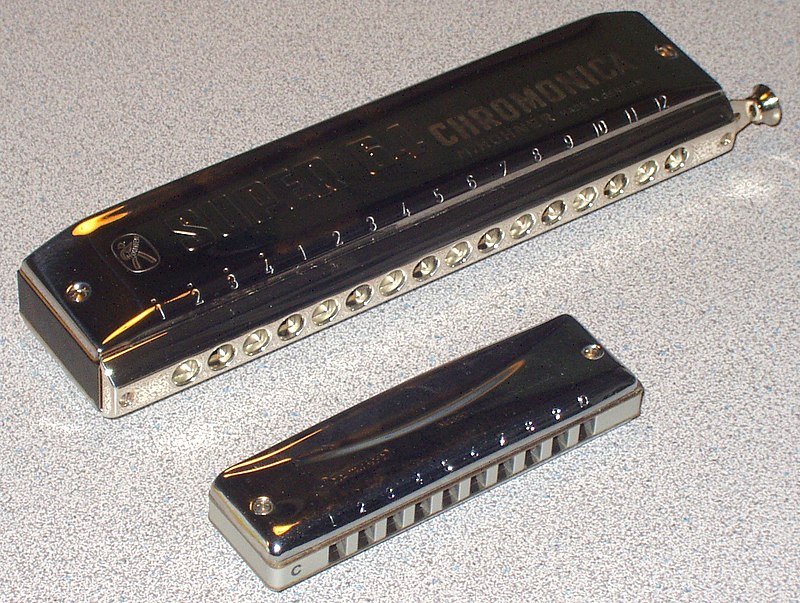Introduction
Harmonica sports represent an innovative and captivating blend of musical talent and competitive spirit. This unique discipline has gained popularity among music enthusiasts and athletes alike, creating a vibrant community that celebrates creativity, skill, and performance. Explore the origins of harmonica sports, the various disciplines involved, the benefits of participation, and how this fascinating activity is shaping the future of both music and sports.
The Origins of Harmonica Sports
The harmonica, often referred to as the “mouth organ,” has a rich history dating back to the early 19th century. Its portability and versatility made it a favorite among musicians across various genres, from blues and folk to classical and jazz. As harmonica playing gained popularity, so did the idea of showcasing talent through competition. It began to take shape in the mid-20th century, with the first organized competitions emerging in the 1950s. These events allowed players to demonstrate their skills in front of an audience, fostering a sense of community among harmonica enthusiasts. Over the years, harmonica sports have evolved, incorporating various styles and techniques that highlight the instrument’s unique capabilities.
The Disciplines of Harmonica Sports
It encompass a variety of disciplines, each focusing on different aspects of harmonica playing. Some of the most popular categories include:
- Speed Playing: In this discipline, competitors aim to play the most notes in a given timeframe while maintaining clarity and accuracy. Speed playing challenges musicians to push their limits and develop their technical skills.
- Melodic Performance: This category emphasizes the ability to play well-known melodies and original compositions. Participants are judged on their musicality, expression, and overall performance quality.
- Improvisation: Improvisation competitions allow players to showcase their creativity and adaptability. Participants are given a musical prompt or theme and must create an original piece on the spot, demonstrating their ability to think on their feet.
- Ensemble Playing: In ensemble competitions, groups of harmonica players collaborate to perform intricate arrangements. This discipline emphasizes teamwork, harmony, and the blending of individual styles to create a cohesive sound.
- Freestyle: Freestyle events encourage players to explore their artistic expression without restrictions. Participants can incorporate various musical genres, techniques, and performance styles, showcasing their unique personalities and talents.
The Benefits of Participating in Harmonica Sports
Engaging in harmonica sports offers numerous benefits for participants, including:
- Skill Development: Regular practice and competition help musicians improve their technical abilities, musicality, and stage presence.
- Community Building: They foster a sense of camaraderie among players, creating opportunities for networking, collaboration, and friendship.
- Confidence Boost: Performing in front of an audience can enhance self-esteem and public speaking skills, empowering participants to express themselves more freely.
- Creative Expression: They encourage players to explore their artistic side, allowing them to experiment with different styles and genres.
- Physical and Mental Benefits: Playing the harmonica can improve lung capacity, breath control, and cognitive function, contributing to overall well-being.
Preparing for Harmonica Sports Competitions
If you’re interested in participating in harmonica sports, preparation is key. Here are some tips to help you get ready:
- Practice Regularly: Dedicate time to hone your skills, focusing on various techniques and styles relevant to your chosen discipline.
- Study the Competition: Attend local or regional competitions to observe experienced players and gain insights into judging criteria and performance expectations.
- Seek Feedback: Work with mentors or experienced players who can provide constructive criticism and guidance to help you improve.
- Develop a Repertoire: Build a diverse selection of songs and improvisational ideas to showcase your versatility during competitions.
- Stay Physically Fit: Maintain a healthy lifestyle to support your performance, including proper nutrition, exercise, and mental wellness practices.
The Future of Harmonica Sports
As they continue to gain traction, the future looks bright for this unique discipline. With the rise of social media and online platforms, musicians can easily share their performances, connect with others, and participate in virtual competitions. This accessibility is likely to attract a new generation of harmonica enthusiasts, ensuring the continued growth and evolution of harmonica sports.
Conclusion
Harmonica sports offer a captivating blend of musical artistry and competitive spirit, providing a unique platform for players to showcase their talents and creativity. Whether you’re a seasoned musician or a curious newcomer, harmonica sports present an exciting opportunity to explore the versatility of this beloved instrument. As the community continues to grow and evolve, harmonica sports promise to inspire and engage musicians for years to come.
FAQs
What are harmonica sports?
Harmonica sports are competitive events that showcase the skills and talents of harmonica players across various disciplines, including speed playing, melodic performance, improvisation, ensemble playing, and freestyle.
How did it originate?
This began to emerge in the mid-20th century as a way for musicians to showcase their talents in organized competitions, fostering a sense of community among harmonica enthusiasts.
What are the benefits of participating in harmonica sports?
Participants can enjoy skill development, community building, increased confidence, creative expression, and physical and mental benefits from playing the harmonica.
How can I prepare for harmonica sports competitions?
Preparation involves regular practice, studying competitions, seeking feedback from experienced players, developing a diverse repertoire, and maintaining physical fitness.
Are there any age restrictions for participating in harmonica sports?
No, this is open to individuals of all ages and skill levels, making it an inclusive activity for everyone interested in music and competition.
Can I compete in harmonica sports online?
Yes, many sports competitions are now held virtually, allowing participants to showcase their skills and connect with others through online platforms.
What should I look for in a harmonica for competition?
Choose a harmonica that suits your playing style and the specific requirements of your chosen discipline. Consider factors such as key, type (diatonic, chromatic), and quality of construction.
How can I find harmonica sports competitions near me?
You can search online for local harmonica clubs, music schools, or community centers that host competitions. Social media groups and forums dedicated to harmonica playing are also great resources for finding events.





